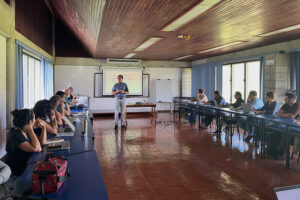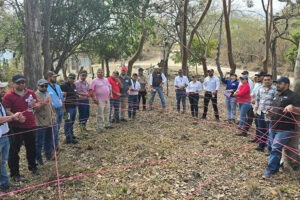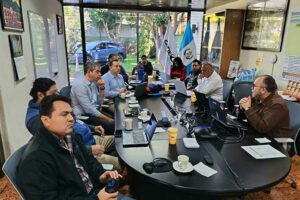ESCALAR raises awareness on the fundamental role of women in climate resilience in the Trifinio Region
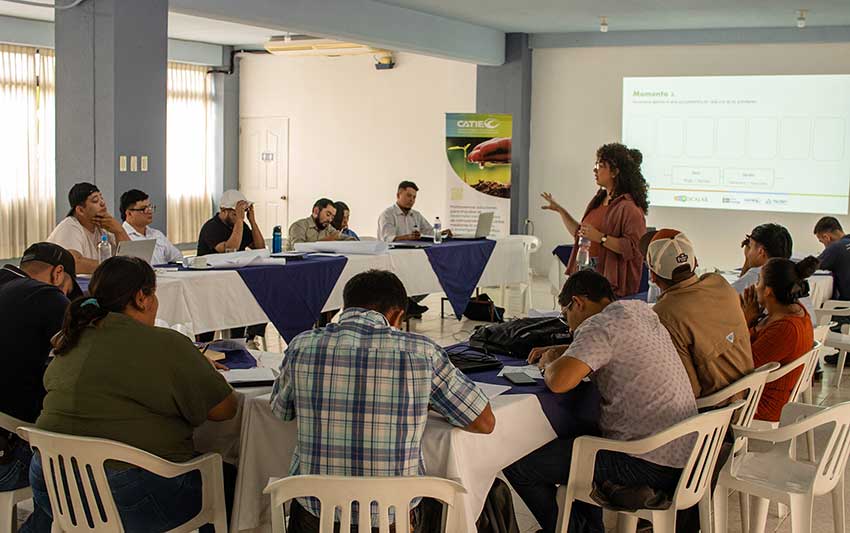
- A team of 20 technical staff from implementing partner organizations receive training on gender and social inclusion.
During 2025, the project ESCALAR: Scaling climate change adaptation solutions for resilience and migration reduction in the Central American Dry Corridor, led by CATIE (Tropical Agricultural Research and Higher Education Center), with support from Swedish Cooperation and in partnership with the Trinational Plan Trifinio Commission, has developed a capacity-building process on gender and inclusion aimed at the technical staff of its implementing partner organizations located in 17 municipalities of El Salvador, Honduras and Guatemala.
Through five training modules, delivered mainly in person, the objective has been to raise awareness among the technical team so that their fieldwork contributes to reducing the three gender gaps prioritized by ESCALAR: access to representation in decision-making spaces, participation, and access to resources.
The process has promoted spaces for reflection on basic concepts of gender, intersectionality, and positive masculinities; as well as the importance of their practical and consistent application when working with rural families. Additionally, the use of inclusive language and the analysis of gender gaps in agricultural value chains and in time use have been encouraged.
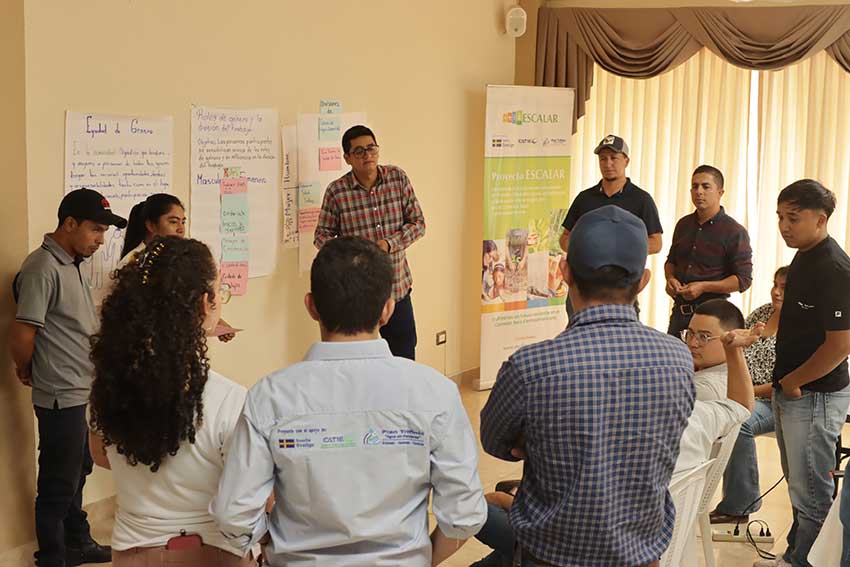
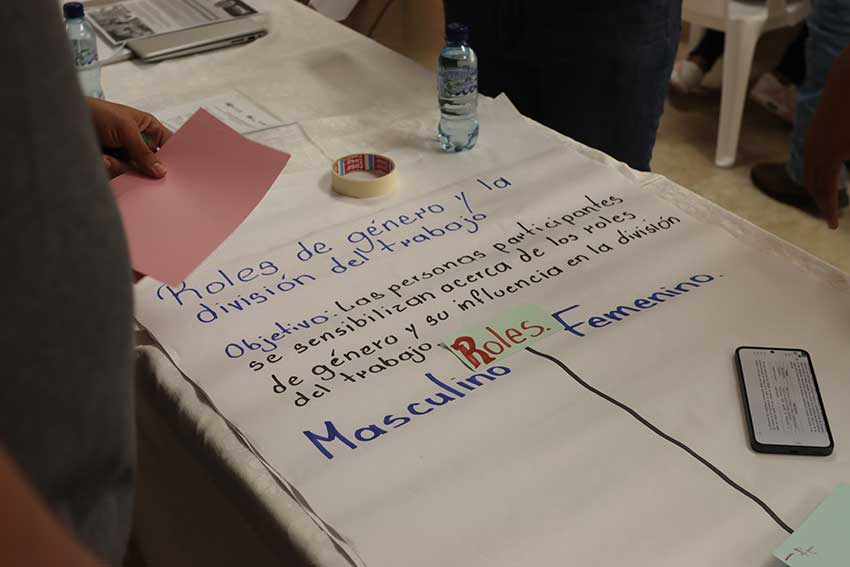
Gender gaps in the Central American context
This approach is particularly relevant in a region like Central America, a territory marked by historical economic and social inequalities that deepen gender gaps.
Currently, challenges persist such as the low land ownership held by women, difficulty in accessing leadership roles, and an increase in the length of working days, limiting their participation in training spaces. According to data from the Gender Equality Observatory (OIG) of ECLAC, unpaid work, carried out mostly by women, represents around 20% of the GDP of member countries.
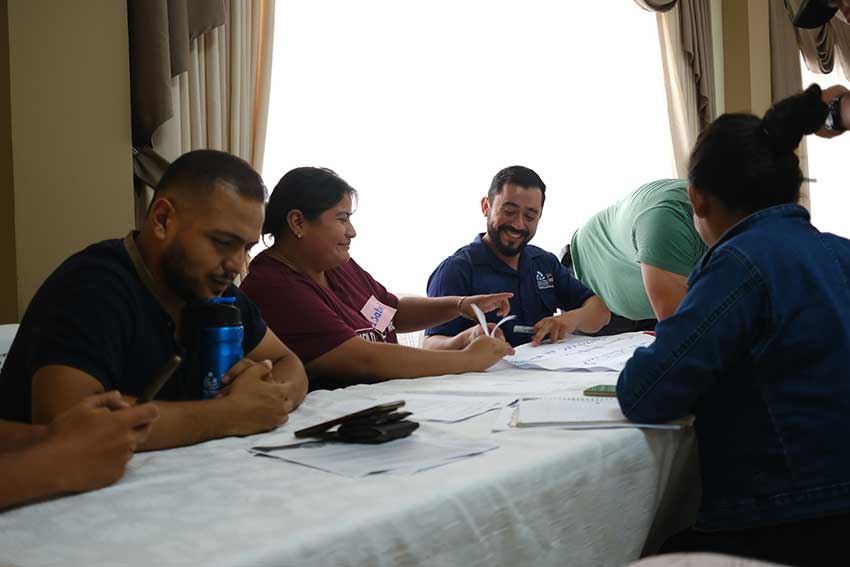
The role of women in sustainable development
Rural women are a driving force for change that must be recognized, as through their leadership they promote the conservation of natural resources, the restoration of ecosystems and the implementation of productive practices that improve food and nutritional security in their communities. At the same time, they diversify their economic activities and contribute to household income and to the social fabric of their communities. In this context, strengthening the capacities of the project’s technical staff, with a gender and inclusion approach, is key to ensuring that agricultural innovations translate into real, equitable and sustainable transformations.
More information/written by:
Fernanda Carrillo Chacón
Gender, equity and human rights specialist in rural areas
ESCALAR Project – CATIE
fernanda.carrillo@catie.ac.cr
Tag:mujeres, Climate resilience, rol, Trifinio

